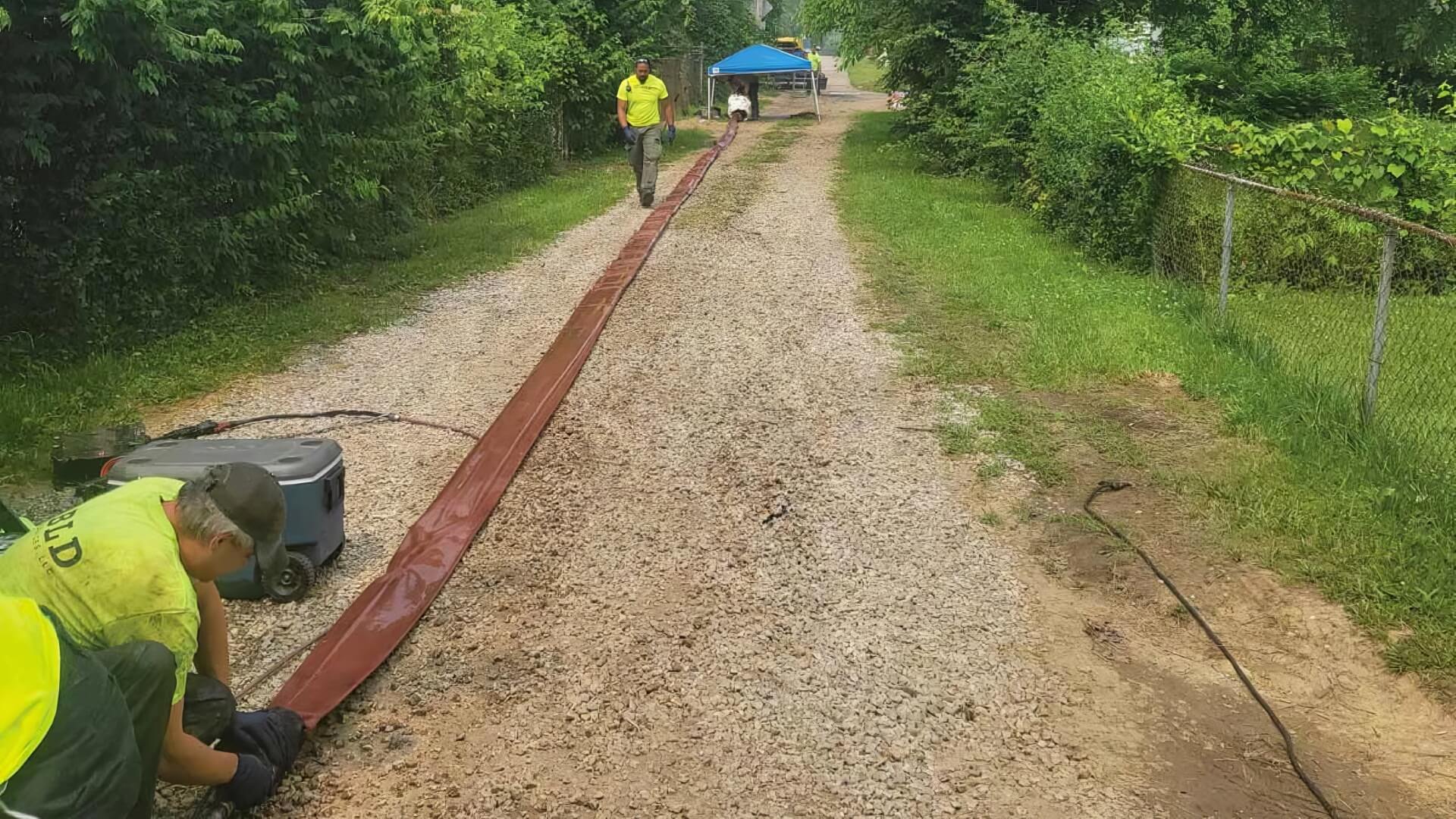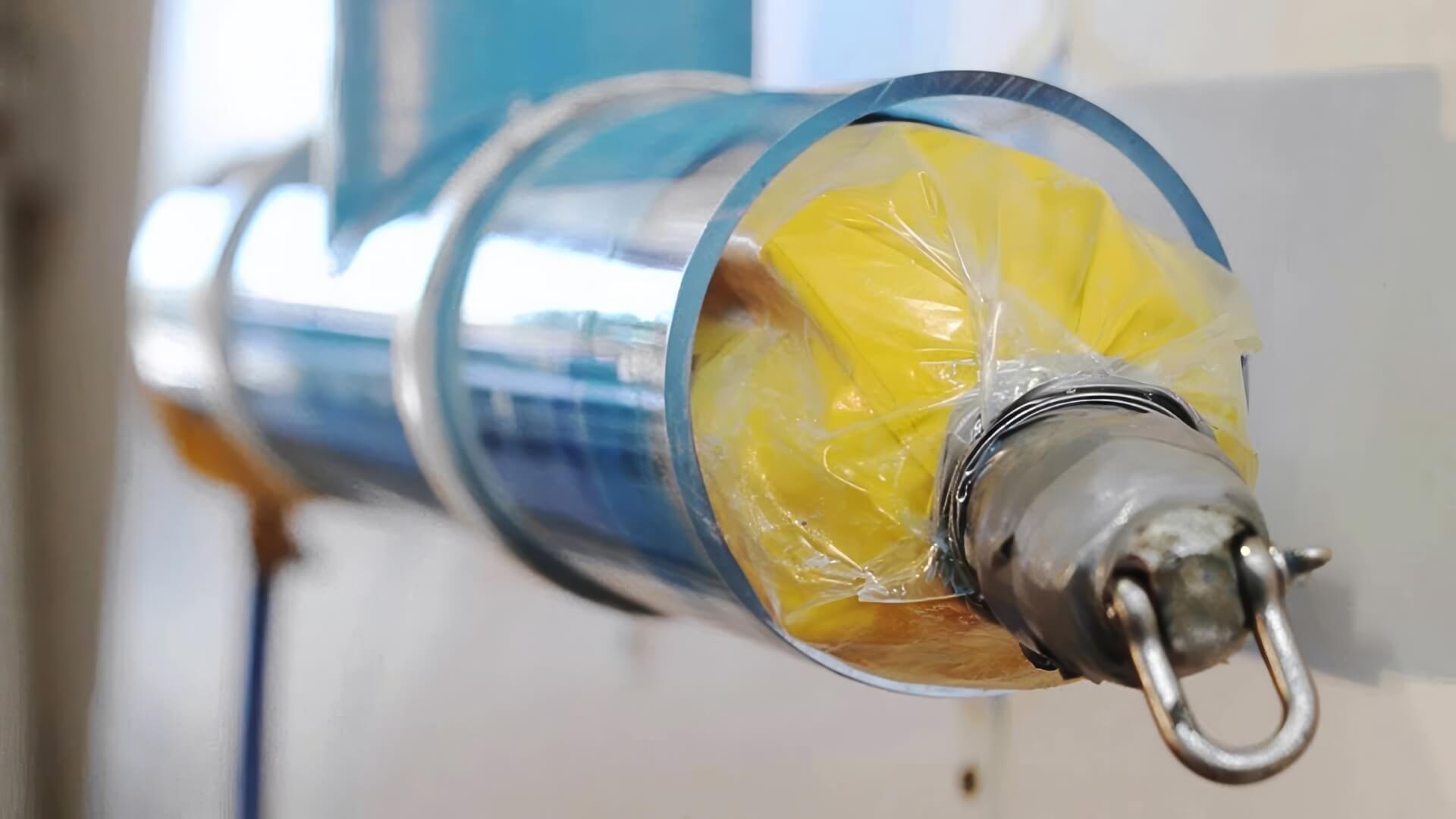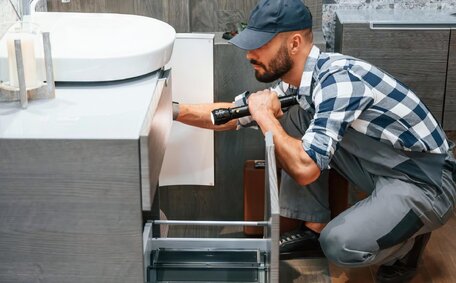Understanding Your Hot Water System
Your yellow water heater is an appliance that heats water for use around your home.
Its main purpose is to provide a continuous supply of hot water for needs like washing dishes, taking showers, and doing laundry. Its main purpose is to provide a continuous supply of hot water for needs like washing dishes, taking showers, and doing laundry.
Over time, hot water systems, including those with energy star ratings, can result in your recycling bin becoming a drop-off point for uneconomical parts. You may need to replace an older unit once it exceeds 10-15 years of service. Deciding when an old hot water heater can disposed of depends on increasing energy bills, rust, leaks, strange noises, or error codes.
When preparing to dispose of your old hot water system, consider safe recycling options before resorting to waste bin disposal for better environment protection of waste resources. For the sake of our waste stream, due to prohibitions on dumping hazardous materials such as water heaters, ensure you take your old unit to appropriate recycling spots and handle soft plastics with due responsibility.
Types of Hot Water Systems
Before you dispose your unwanted items, it’s important to know the four main types of hot water systems for homes, which include:
- Electric - Powered by electricity to heat water. Considerations for disposal include detaching elements from the tank and recycling separately. Once drained, the metal tank can be placed in your recycling designated area for proper recovery.
- Gas - Rely on natural gas or LPG to heat water, with pilot lights or electronic ignition. Safety is key when handling appliances that utilised combustible fuels, like smoke alarms that require special disposal methods. Fully drain tanks and recycle metal components if possible.
- Solar - Use solar thermal panels and a storage tank to heat water with sunshine. While sustainable, some plastics and electronics may require responsible e-waste recycling.
- Heat pump - Extract ambient heat to warm water. These units have more complex components than electric or gas systems, so disassembly and proper sorting of materials is important.
Preparing Your Hot Water System for Disposal
Do I need to take special steps to safely prepare your hot water heater for disposal? It involves careful steps to ensure hazardous materials don’t become solid waste in landfills:
- Switch off the hot water system, cutting power and gas sources. This is crucial for managing green waste in your bin contents, which may house parts from electric, gas, LPG, and solar water heating systems.
- Drain your water tank completely. Place a container underneath to catch any residual water, ensuring you dispose water responsibly afterwards.
- Disconnect all pipework and the anode rod connected to the old unit. You may require tools to unscrew fittings.
- Check specifications to identify hazardous components like insulation materials, thermostats or heating elements containing heavy metals.
- Remove parts that can be recycled separately, such as bottle tops, copper pipes, and electric heating elements.
- Contact your local council regarding waste disposal regulations and fees if transporting the unit yourself.
- Find your nearest metal scrap yards or resource recovery centre that can assist in helping you get rid your old hot water system tanks for optimal resource recovery operations.
Taking these preparatory steps helps detox your home by minimising the amount of e-waste that go into your landfill bin. It also aids in helping you rid your old items, recovering reusable materials through ethical recycling practises aligned with sustainability goals.
Finding Responsible Disposal Options
For more information on disposing of an old hot water system, please consider locating responsible recycling centers over simply tossing units into general waste. There are several environmentally-conscious choices to get rid your hot water heaters in your local area.
Recycling Centres
Many councils offer a free drop service at household hazardous waste facilities, recycling bin drop off locations, or transfer stations, supporting the ethical disposal of your old water heater. Visit one of the designated dropoff points that accept e-waste, where old appliances are safely directed to material recovery programmes.
Check your local council to inquire about scheduled free drop off days, fees charges, and what items their recycling centre can recycled. Some will allow you to leave intact units, while others may require removing parts like electric heating elements first.
Scrap Metal Services
Once drained of water and disconnected, the metal tank from your old hot water system may be accepted by some metal recyclers or scrap yards. These services shred and recover steel, ensuring the recovery centre effectively manages waste resources, and charges apply, thus keeping them in the manufacturing loop instead of in landfills.
Ask around regarding scrap metal dealers that handle decommissioned white goods or water heating tanks. In South Australia, most facilities demand that units be emptied before being placed at your drop-off points and charges may apply.
Professional Removal
For convenience, see our partners’ directory to enlist junk removal services that focus on the responsible recycling of old hot water systems. They handle assessing components, adhering to safety procedures, and directing different materials to accredited materials recovery facilities.
This end-to-end service ensures your old water heater gets ethically handled, however it often comes at a greater cost than self-drop-off recycling options. Research reviews and recycling near you credentials when selecting removal firms for professional services.
Recycling Centers and Scrap Metal Services
There are a few options for properly disposing of your old hot water system tank via recycling centres or scrap metal services in your area:
Council Recycling Depots
Verify with your local council if your old hot water system should placed your curb for access to recycling drop-off points, particularly during hard waste collection periods. Many councils now include old hot water systems in their e-waste recycling programmes. Please ensure you have drained the tank completely and removed any attachments before drop-off.
Scrap Metal Yards
Search for accredited scrap metal dealers or auto wreckers nearby that accept decommissioned hot water tanks. Call ahead to ask whether there are any fees for drop-off policies. These facilities shred and recycle tanks, ensuring they are taken to your local recycling process, recovering steel and components like copper wiring for reuse in manufacturing.
Online Metal Buyers
Websites like MetalMatch and Scrap Metal Buyers facilitate locating nearby vendors where items can be taken your scrap metal for recycling. Describe your old hot water system tank’s dimensions, weight and condition to receive estimates. If quoted favorably, see they can take your old hot water system tank to your local recycling facility without cost.
Properly recycling your outdated water heater keeps over 90% of materials in circulation, helping you find your path to a cleaner environment. Popular metals like steel, copper and brass can be remanufactured into new products over and over.
Charities Accepting Functional Water Heater Donations
If your old hot water system is still functioning, consider to donate your system to a local op shop rather than opting for scrapping or landfilling. Numerous charities welcome appliances, so consider donating giving to aid community members in need.
Criteria for Donatable Water Heaters
Ensure any unit you plan to donate meets the following criteria:
- Is less than 10 years old
- Has no visible damage like rust or leaks
- Has been recently serviced and meets safety standards
- Is a commonly used model that’s easy to install
Ideally, electric and heat pump systems no more than 5 years old make the best donations as they have longer lifespans. Include all installation parts and manuals if available.
Charities Accepting Functional Donations
Reach out to your local op shops on Scott Creek Road, entities like Vinnies, The Salvation Army, or Habitat for Humanity about their appliance donation programs. Many run initiatives to supply households in need with working hot water heaters. Arrange a pick up from your kerbside bins or a drop-off time and receive a donation receipt for tax deductions.
You can also search online databases of charities seeking specific material donations. Supplying a working water heater to a family in need gives the unit further useful life and prevents additional landfill waste.
Transport and Safety Considerations
When transporting an old hot water system for recycling or disposal, safety should be your top priority. Although tanks are drained, residual water or loose parts can still pose hazards during loading and transit.
Safety Gear
Wear protective equipment like closed-toe shoes, gloves, and safety glasses when moving your old unit. This guards against electric shocks, sharp edges, heavy lifting injuries, and water leakage.
Securing the Load
Place your tanks carefully using ramps or lifting aids to minimise strains. Secure old water heaters tightly using ratchet straps so they cannot slide or tip during transportation. Pad sharp corners and add tarpaulins to contain any spills or debris.
Choosing a Vehicle
Select a vehicle like a van, ute or trailer that can safely transport a heavy water heater without exceeding weight limits. Measure dimensions to ensure your load and route allows for safe passage.
Go slow and steady, avoiding sudden braking or swerving. Let passengers exit before unloading an old water heater at recycling centres or scrap yards. Take care when removing ratchet straps and tilting tanks during unloading. Go slow and steady, avoiding sudden braking or swerving.
Environmental Impacts of Irresponsible Disposal
Dumping your rubbish such as old hot water systems into your rubbish bin can result in hazardous materials like heavy metals, insulation fibres, oils, and circuit boards contaminating landfill sites. To mitigate risks of contamination, it’s essential to discern which bin aligns with discarding elements of your water heater as domestic waste.
Storage tanks containing traces of water mixed with rust particles aren’t suitable for your food garden compost and should be managed as per resources policy to prevent environmental harm. Household chemicals like those in e-waste components also break down, not suitable for your organics bin, over years, allowing harmful substances to infiltrate water sources.
The effects of hazardous leaching include soil acidification, groundwater contamination, bioaccumulation of toxins in plants and animals, and increased public health risks. Always opt for responsible recycling or disposal methods to rid your home of defective water heaters instead of landfilling them.
Repurposing Old but Functional Hot Water Systems
If your old hot water system is still in working order, consider repurposing it instead of disposal. Repurposed water heaters can serve new functions like:
- Rainwater harvesting tanks - Plumb into a gutter system to store rainwater for waste resources policy-compliant irrigation in your garden. Add a pump to pressurise water.
- Thermal solar heat storage - Pair with solar thermal panels to store heated water overnight.
- Emergency water reserves - Keep filled for backup household water needs during outages.
- Stock tanks for rural properties - Repaint and install in barns or paddocks for livestock.
Before repurposing a functional water heater, have it serviced and inspected for leaks to ensure it’s as reliable as your new water heater. Reusing it aligns with sustainability principles of reducing waste and extending product lifecycles.
Repurposed hot water tanks offer hobbyists and innovators a large container to build creative projects around. You’re only limited by your imagination on ways to give old systems new life!
Contacting Your Local Plumbing Professionals
When it’s time to dispose of your old hot water system, trust the experts at Padstow Plumbing to safely remove and recycle your unit. See our over 10 years serving Sydney households, we are familiar with regulations for hot water heater disposal and have the tools and knowledge to extract tanks professionally.
See our contact details below for reliable and ethical recycling or removal of your outdated system:
Our fully licenced technicians can install new systems and offer advice on repurposing or disposal options. We safely handle draining tanks, disconnections, transporting to accredited recycling centres, and installing replacement hot water units. Get the peace of mind of ethical removal of your new system - contact Padstow Plumbing today!






